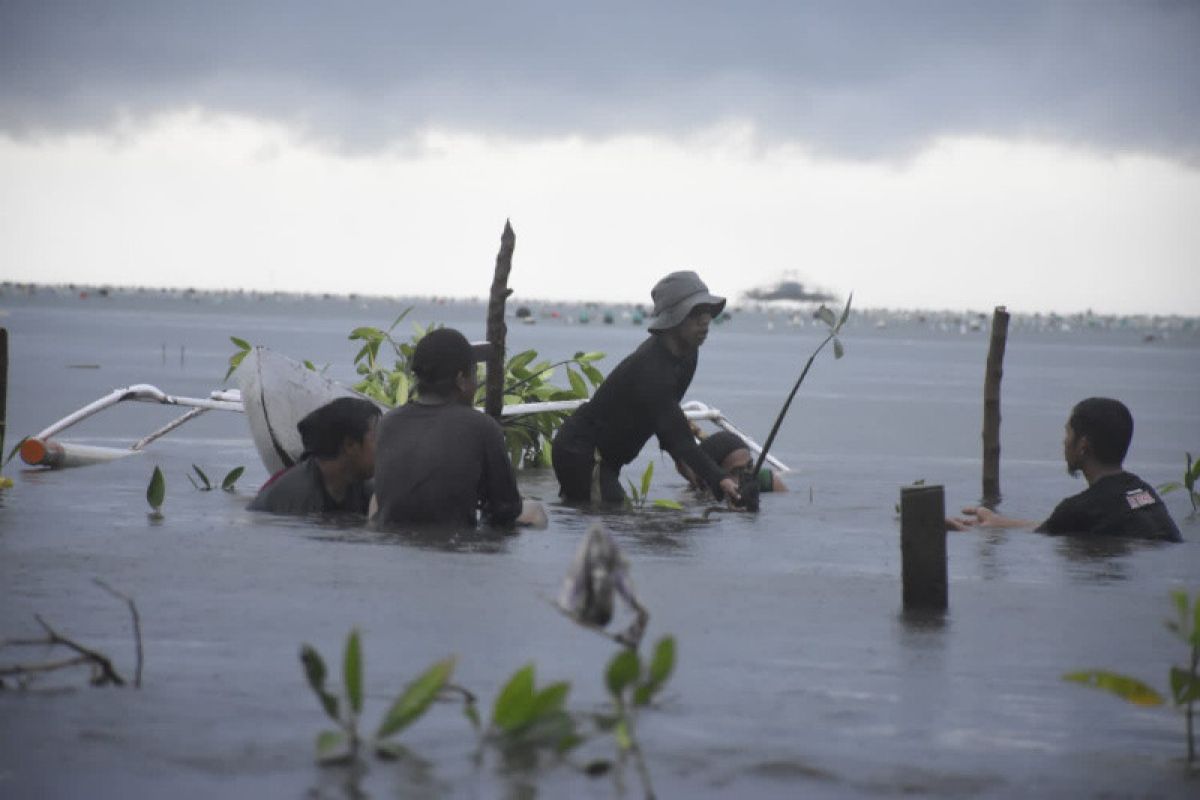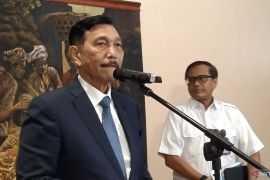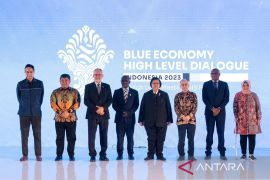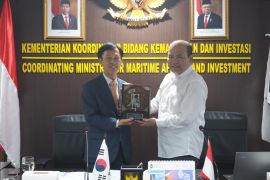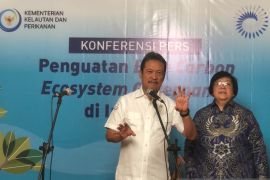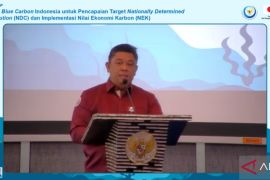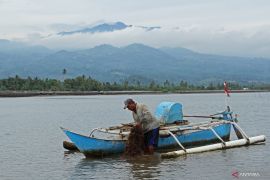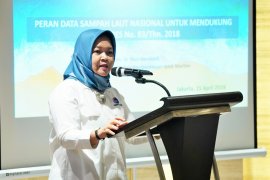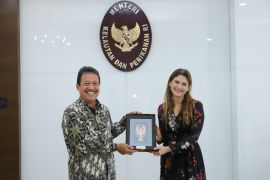During the G20 Seminar on Blue Carbon titled "Enabling Conservation and Financial Capital" in Bali, Monday, he noted that the impact of sustainable blue carbon will emerge in the long term.
G20 is an international forum comprising 19 countries that work together to handle major issues. Indonesia is holding the presidency of the grouping this year.
The blue carbon potential in Indonesia reached 3.4 GT, or around 17 percent of the world's blue carbon, and is spread around coastal ecosystems, such as mangrove forests, seagrass beds, and peatlands.
Such coastal ecosystems can assist in absorbing carbon emissions in the atmosphere as well as the ocean and then storing them in leaves, stems, branches, roots, and sediments.
Related news: Minister highlights blue economy's role in reducing carbon emissions
The planning for shoreline conservation and space management in Indonesia emphasizes on aligning with the principle of sustainability, so that the blue carbon ecosystem can contribute more towards reduction of greenhouse gas emissions, Primana stated.
If the management continues to be bolstered with adaptation and mitigation toward climate resilience, then Indonesia can contribute more towards reducing greenhouse emissions by up to 29 percent nationally and 41 percent globally until 2030, he remarked.
To this end, he stressed that now is the right time to ensure that the ecosystem can be a main priority in shoreline conservation and space management in Indonesia and the world.
Moreover, mangrove and seagrass are able to absorb and store large quantities of natural carbon for longer periods of time as compared to terrestrial forests.
Maintaining the coastal ecosystem, both mangrove forest and seagrass beds, can provide various benefits, such as preventing erosion and protecting residents' houses during sea tides, storms, and floods.
It can also capture polluting materials in the air and the sea while also serving as a habitat for biological creatures specifically residing in the shoreline area.
Primana pressed for urgent actions to maintain and rehabilitate the blue carbon ecosystem that has increasingly degraded.
Related news: Blue carbon concept needs further exploration: Environment Minister
Related news: Indonesia to discuss blue economy, blue carbon during G20 presidency
Translator: Astrid F H, Fadhli Ruhman
Editor: Suharto
Copyright © ANTARA 2022
